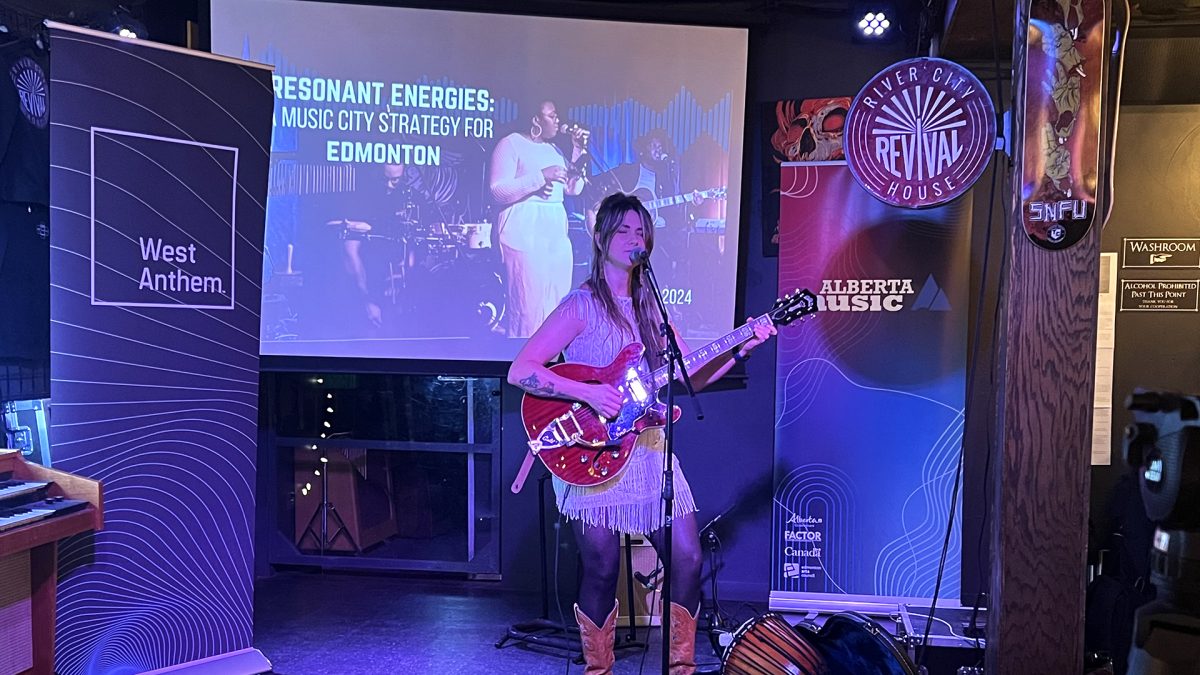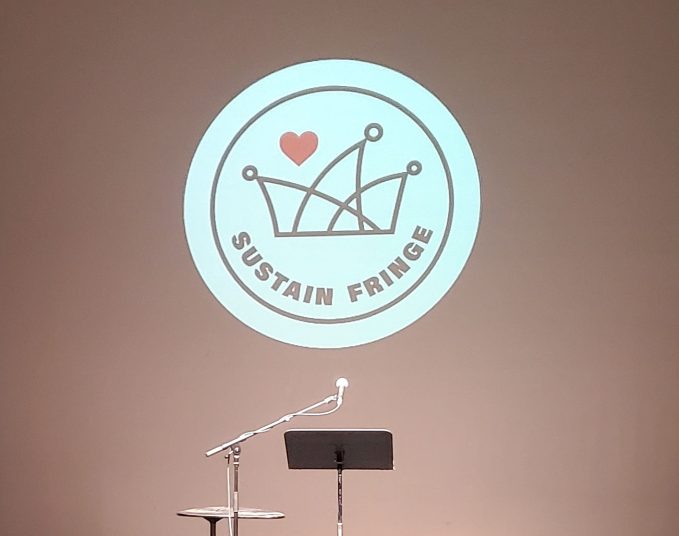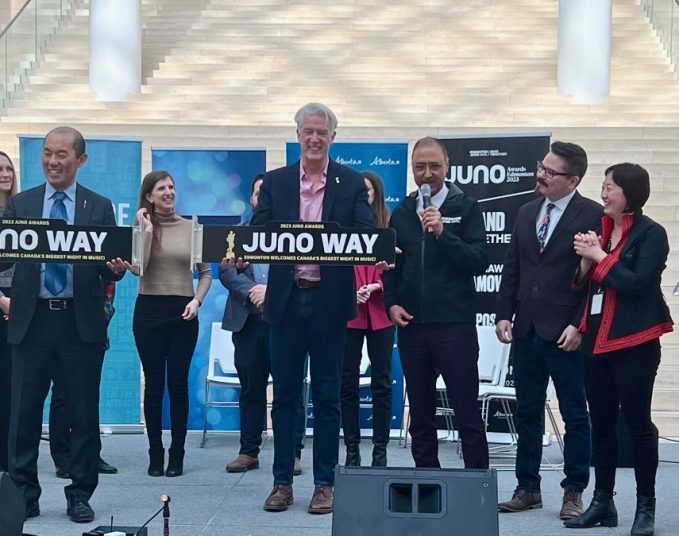A little more than 20 years ago, instead of doing something rational with my savings, I decided to invest in a passion project. I was one of the people who bought the old Rev and transformed it into the Starlite Room.
Of course, I imagined I would make stacks of cash, and life would be glamorous. Oh, and the drugs.
It wasn’t like that at all — it was a ridiculously difficult slog, filled with City zoning hearings, cash calls and having to learn the AGLC rulebook on serving alcohol. I began seeing bands not as musicians, but if they could help us get out of the red, or if they’d put us further into the red. There were nights when 50 people showed up, and nights where the place was almost full. It was a roller coaster.
And the illicit substances? Even if there were plenty to go around, there was no way I could afford them.
Fast forward to this week, and there I was, standing in the Starlite Room, hearing stories from venue owners and managers that mirrored my experiences of 20 years ago. Actually, they were worse, because they’ve had to suffer through COVID and the extensive damage it wreaked on our economy and our willingness to go out and see bands. I no longer have any interest in the venue, but I was there for the release of a report on the health of Edmonton’s music industry from West Anthem, an advocacy group founded in 2012. A similar report was released in Calgary earlier this week.
West Anthem is supported by the provincial government and Alberta Music.
The report found that Alberta’s music economy is worth $1.7 billion of GDP annually. In 2020, the music industry supported more than 20,000 jobs. The Junos, which were in Edmonton in 2023, brought $12 million in economic impact to the City.
But, while a report is all well and good, what’s needed to keep the music scene vibrant — from the Edmonton Symphony Orchestra to speed-metal nights at the Starlite — is a clear vision from multiple levels of government.
Tyson Cale Boyd, current co-owner of the Starlite Room, said that being able to translate the words in the report into action is the “Cadbury secret.” He spoke of a need for governments to aid not only the non-profit music organizations, but the for-profit venues as well. And he said a lot can be done to reduce the red tape that music venues have to deal with.
He said venues need “music-friendly policies.” And that includes “easier permitting processes, favourable zoning laws and reduced bureaucracy to help venues like ours thrive.”
(Can I tell you about public hearings on volume levels? Been there, done that.)
“The report and the numbers represent the tool we can try to push,” said Boyd. “But what we need is a big team, big community effort. Right now, unfortunately, the for-profit venues have the smallest voice. We don’t have the government’s ear. So, this is the first time we’ve really been acknowledged as part of arts and culture.
“I think it’s about persistence.”
Why would there be increased bureaucracy? Edmonton badly needs more downtown residents. That’s been made clear by both City Council and the Edmonton Downtown Business Association. But residents who want to live downtown can’t come with the same expectations as someone who wants to live in the burbs. You live in the heart of it all, but need to accept there’s going to be life on the streets late at night. There are going to be events. It’s not supposed to be dead quiet at 10 p.m. in the core. But, in my time as a venue owner I had to make arguments at City Hall about acceptable noise and the need to keep things quiet so people can sleep.
Melissa Radu, Explore Edmonton’s executive director, destination stewardship, said that having a vibrant music scene, with smaller venues that are thriving, helps the City attract big events and concerts, such as the Junos or this year’s Canadian Country Music Awards.
“A music city and a well-supported ecosystem behind that is important for our teams that go and attract major national music events to our city.”
And, a vibrant music scene helps us bury the “Deadmonton” tag.
“A destination that is energized and alive is also a destination that has a good image,” said Radu. “That’s really important because today’s visitor can also be tomorrow’s investor, or tomorrow’s talent or even a future resident.”
Leah Wilson is a director on the board at the Edmonton Jazz Society, which oversees the Yardbird Suite. While she liked what she was in the report, she worries that all it will do is lead to more reports.
“Reports are great, they are snapshots in time. But they need to lead to action,” Wilson said.
She said Edmonton is in a position to show every other city in Canada what an active music scene can do.
“We could put the rest of Canada in a state of reflection — and action.”
Savvy AF. Blunt AF. Edmonton AF.




